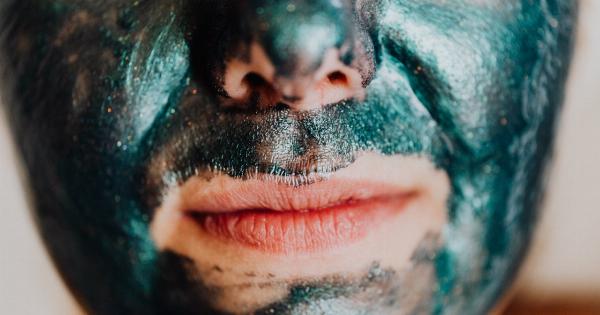Sunscreen is an essential part of protecting your skin from the harmful effects of the sun’s UV rays. However, with so many options available, it can be challenging to choose the right one for your skin type and lifestyle.
The American Academy of Dermatology (AAD) offers some tips to help you select the best sunscreen for your needs.
Tip #1: Look for Broad-Spectrum Protection
When choosing a sunscreen, make sure it offers broad-spectrum protection. This means it protects against both UVA and UVB rays. UVA rays can cause premature aging and skin cancer, while UVB rays cause sunburns.
A sunscreen with an SPF of 30 or higher can help protect against both types of rays.
Tip #2: Consider Your Skin Type
Everyone’s skin is different, so it’s important to choose a sunscreen that is appropriate for your skin type. If you have dry skin, look for a moisturizing formula. If you have oily skin, choose a non-greasy, oil-free sunscreen.
Tip #3: Choose the Right Formulation
Sunscreen comes in many forms, including lotions, sprays, and sticks. You may find that one type works better for you than others, depending on your lifestyle and preferences.
For example, if you’re swimming or sweating, a water-resistant formulation may be best.
Tip #4: Apply Sunscreen Correctly
Even the best sunscreen won’t protect you if you don’t apply it correctly. You should apply enough sunscreen to cover all exposed skin, including your face, neck, and ears. Remember to reapply every two hours or after swimming or sweating.
Tip #5: Don’t Forget Your Lips
Your lips are also susceptible to sun damage, so make sure you protect them with a lip balm that contains SPF. Look for a product with at least SPF 15.
Tip #6: Be Mindful of Chemicals
Some people may be sensitive to certain sunscreen ingredients. If you have a history of skin irritation or allergies, look for a mineral-based sunscreen that contains zinc oxide or titanium dioxide, which are less likely to cause a reaction.
Tip #7: Check the Expiration Date
Expired sunscreen may not offer the same level of protection as a fresh bottle. Be sure to check the expiration date on your sunscreen and replace it if it’s expired.
Tip #8: Wear Protective Clothing
Sunscreen is just one way to protect your skin from the sun. You should also wear protective clothing, such as a wide-brimmed hat, sunglasses, and clothing that covers your arms and legs.
This is particularly important during peak sun hours, from 10am to 4pm.
Tip #9: Don’t Rely on Sunscreen Alone
Sunscreen is an important part of sun protection, but it shouldn’t be your only defense. You should also seek shade when possible, especially during peak sun hours, and avoid tanning beds.
Tip #10: Consult a Dermatologist
If you have concerns about sun protection or your skin health, it’s always a good idea to consult a dermatologist. A dermatologist can help you determine the best sunscreen for your skin type and lifestyle and can also screen you for skin cancer.




























